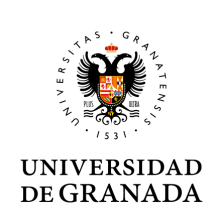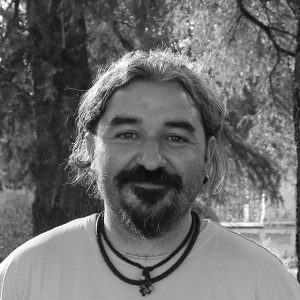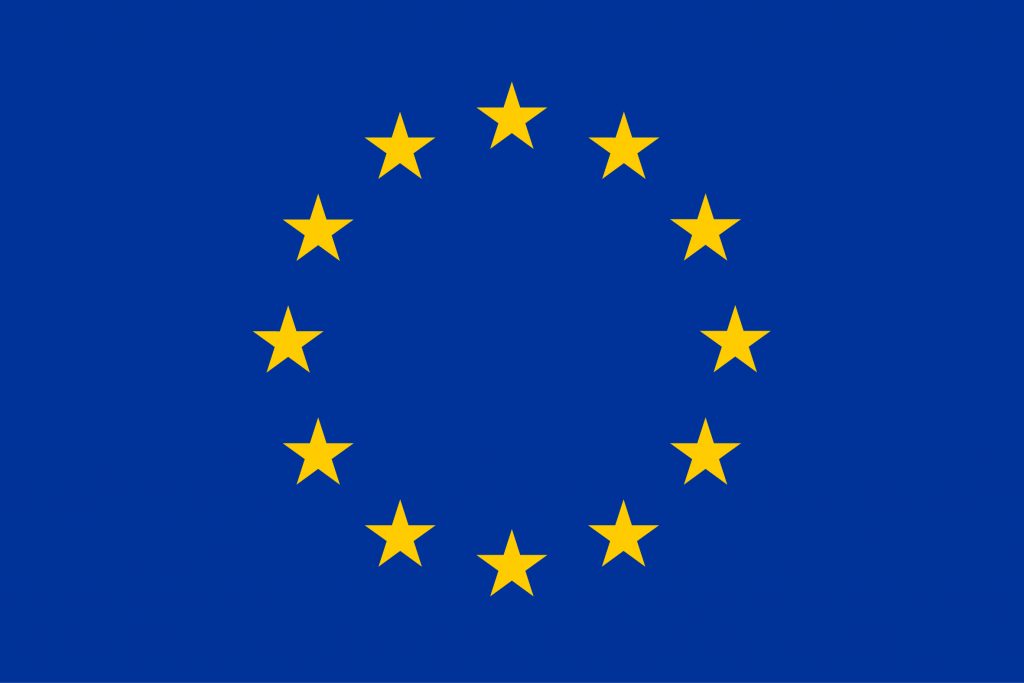
Website: https://www.ugr.es/en
Role in the project: Coordinator; Leader of Pilots Coordination activity (WP5); Leader of Pilot 1 Desert landscapes and oasis: Altiplano de Granada
The University of Granada (UGR), founded in 1531, is one of the largest and most important universities in Spain with over 60,000 undergraduate and postgraduate students and 6,000 staff. UGR offers a total of 89 degrees, 110 master’s degrees and 28 doctoral programmes across its 123 departments and 27 centers. Consequently, the UGR offers one of the most extensive and diverse ranges of higher education programmes in Spain. The UGR has been awarded with the “Human Resources Excellence in Research (HRS4R)”, which reflects the UGR’s commitment to continuously improve its human resource policies in line with the European Charter for Researchers and the Code of Conduct for the Recruitment of Researchers. UGR is also a leading institution in research, located in the top 5 of Spanish universities on the basis of a variety of ranking criteria, such as national R&D projects, fellowships awarded, publications, or international funding.
UGR is one of the few Spanish Universities listed in the Shanghai Top 500 ranking. The edition of the ARWU places the UGR in 201-300th position in the world and as the 4th highest ranked University in Spain, reaffirming its position as an institution at the forefront of national and international research. From the perspective of specialist areas in the ARWU rankings, the UGR is outstanding in Library & Information Science (position 36), Food Science & Technology (37) and Mining & Mineral Engineering (47), according to the latest edition by specialties of this prestigious ranking. A little below in the ranking (rank 76-100), the UGR stands out in Mathematics and Computer Science & Engineering. The UGR has 8 researchers at the top of the Highly Cited Researchers (HCR) list.
Internationally, we have a strong presence in the calls of the Framework Programme of the European Union. For the duration of the last two Framework Programmes, the UGR has obtained a total of 67 projects, with total funding of 18,029 million euros, and for H2020, 92 projects with total funding around 23,675 million euros.
Key person(s)

José M. Martín Civantos – Associate Professor at Universidad de Granada, Department of Medieval History and Historiographic Techniques. Expertise areas: Islamic Archaeology, Landscape and Hydraulic Archaeology. Involved as a researcher in 27 projects and 19 research contracts in Spain, Italy, Morocco and Albania. Principal Investigator in 11 projects and 14 research contracts. Awarded by the European Commission with a FP-7 research grant to coordinate MEMOLA project: An historical Approach to Cultural Heritage based on Traditional Agrosystems and member of the H2020 REACH project, a CSA focused on re-designing access to cultural heritage for a wider participation in preservation, (re-)use and management of European culture.





